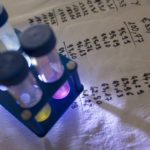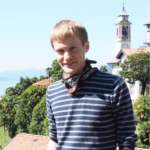ECC 2019, pp. 1176-1181
One of the most crippling problems in quantitative and synthetic biology is that models aiming to describe the real mechanisms of biochemical processes inside cells typically contain too many unknown parameters to be reliably inferable from available experimental data. Recent years, however, have seen immense progress in the development of experimental platforms that allow not only to measure biological systems more precisely but also to administer external control inputs to the cells. Optimal experimental design has been identified as a tool that can be used to decide how to best choose these control inputs so as to excite the systems in ways that are particularly useful for learning the biochemical rate constants from the corresponding data. Unfortunately, the experiment that is best to learn the parameters of a system depends on the precise values of these parameters, which are naturally unknown at the time at which experiments need to be designed. In this paper, we use a recently constructed genetic toggle switch as a case study to investigate how close to the best possible experiment we can hope to get with the most widely used optimal design approaches in the field. We find that, for strongly nonlinear systems such as the toggle switch, reliably predicting the information that can be gained from a priori fixed experiments can be difficult if the system parameters are not known very precisely. This suggests that a better strategy to guarantee informative experiments might be to use feedback control and to adjust the experimental plan in real time.




